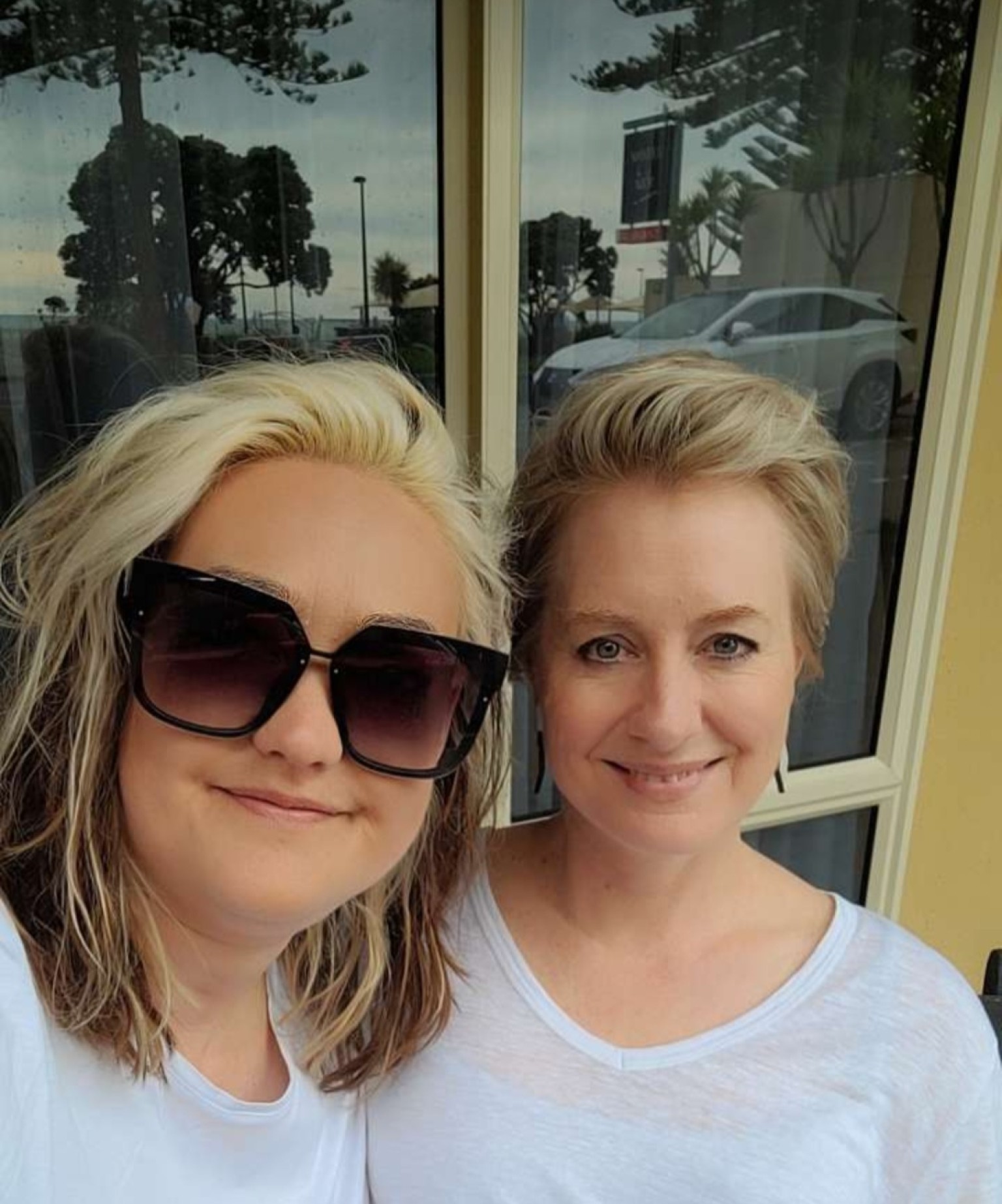Julia’s story: ‘Creating a will is like menopause, no one wants to talk about it but it’s important we do’
Create a will and EPAs online
What do creating a will and menopause have in common?
Public Trust customer Julia, who recently updated her will, says they’re both important topics to talk about, but many shy away from the discussions.
“It should be a normal thing that gets talked about,” says Julia, a Dunedin resident who recently updated her will when she remarried.
“I feel like it’s one of those societal topics that some think shouldn’t be talked about, like pregnancy and menopause. Creating a will is right up there with the kinds of things that make people cringe a bit and feel a bit uncomfortable. But they need to be normalised.”

Julia and her husband at the time created wills, but they separated about 10 years ago.
“When I got into a relationship with my now wife, Sam, I knew I needed to make sure everything was clear for everyone,” Julia says.
Julia says the process has generated good discussion between her and Sam, and Julia’s two children, aged 15 and 18. Julia had to give thought to how her new will could be created to help look after the three most important people in her life.
Relationship Property Agreements and your will
Julia and Sam are working on finalising a Relationship Property Agreement (sometimes called a prenup or Contracting Out Agreement).
Once this is finalised, Julia will update her will again, as it’s important that the terms of any Relationship Property Agreement align with the terms of your will. That way, the two documents work together seamlessly, rather than their terms conflicting, which may cause unnecessary complexity and cost when it comes time to administer an estate. (Read more here Relationships & your property: Property (Relationships) Act))
Any will you have put in place prior to your marriage or civil union, will automatically be revoked upon that marriage or civil union taking place, unless your will records that it is made "in contemplation of" your marriage or civil union. Something else important to note is that separation or divorce does not automatically revoke a will.
As with your will, both documents should be reviewed after a perhaps on a three-yearly basis. Also review them when there’s a change of any circumstances relating to assets (perhaps receiving an inheritance) or a significant life event – a birth, death, marriage or divorce.

Estate administration can be complex
It was important for Julia to name Public Trust as executor in her will. This means Public Trust will administer her estate when she dies.
Julia has seen estate administration first-hand when her father died. The process has been complex and a family member is the executor. It has been messy, she says.
“That has put a huge weight, responsibility and emotional responsibility on the person who is executing the will. I just wouldn’t want to do that to someone I love, and I’m also a big fan of relying on experts.” (Read more here about choosing an executor: Choosing an executor)
“I think it’s good to have an impartial executor that is an expert at what they do, just to avoid complications and emotional weight.”
Julia named a testamentary guardian in her will
Julia also named wife Sam as testamentary guardian for her teenage daughter.
Wondering what a testamentary guardian is? It’s someone you name in your will to help make big decisions about your child’s life, like their education, religion, health, and where they live, if your child is under 18. A testamentary guardian does not necessarily have day-to-day care.
“It makes me feel much more reassured because my wife and I think quite similarly,” Julia says.
“I feel reassured that my style of parenting and my influence will carry on when I’m not here. Sam will be my voice on the parenting side.”